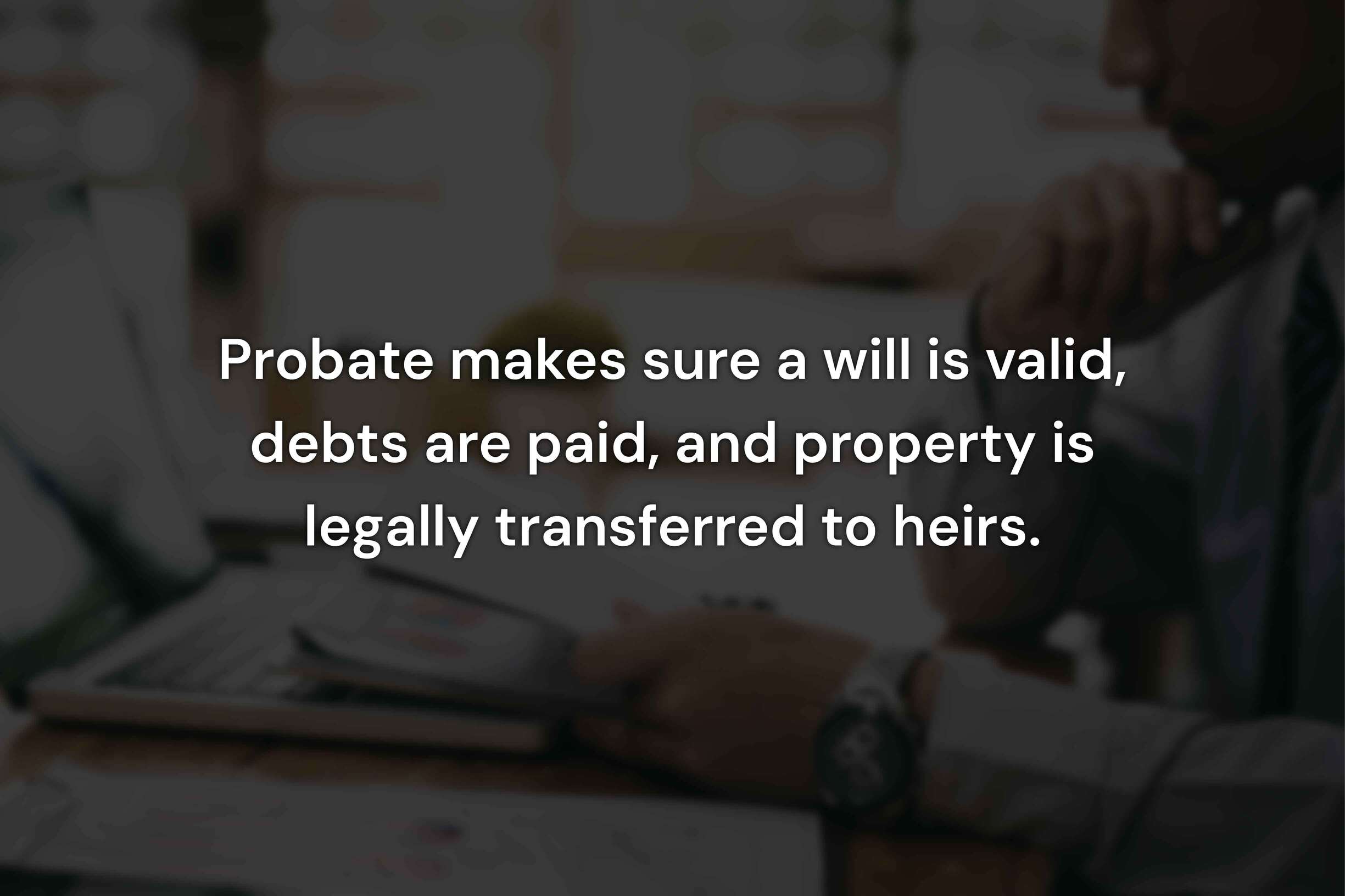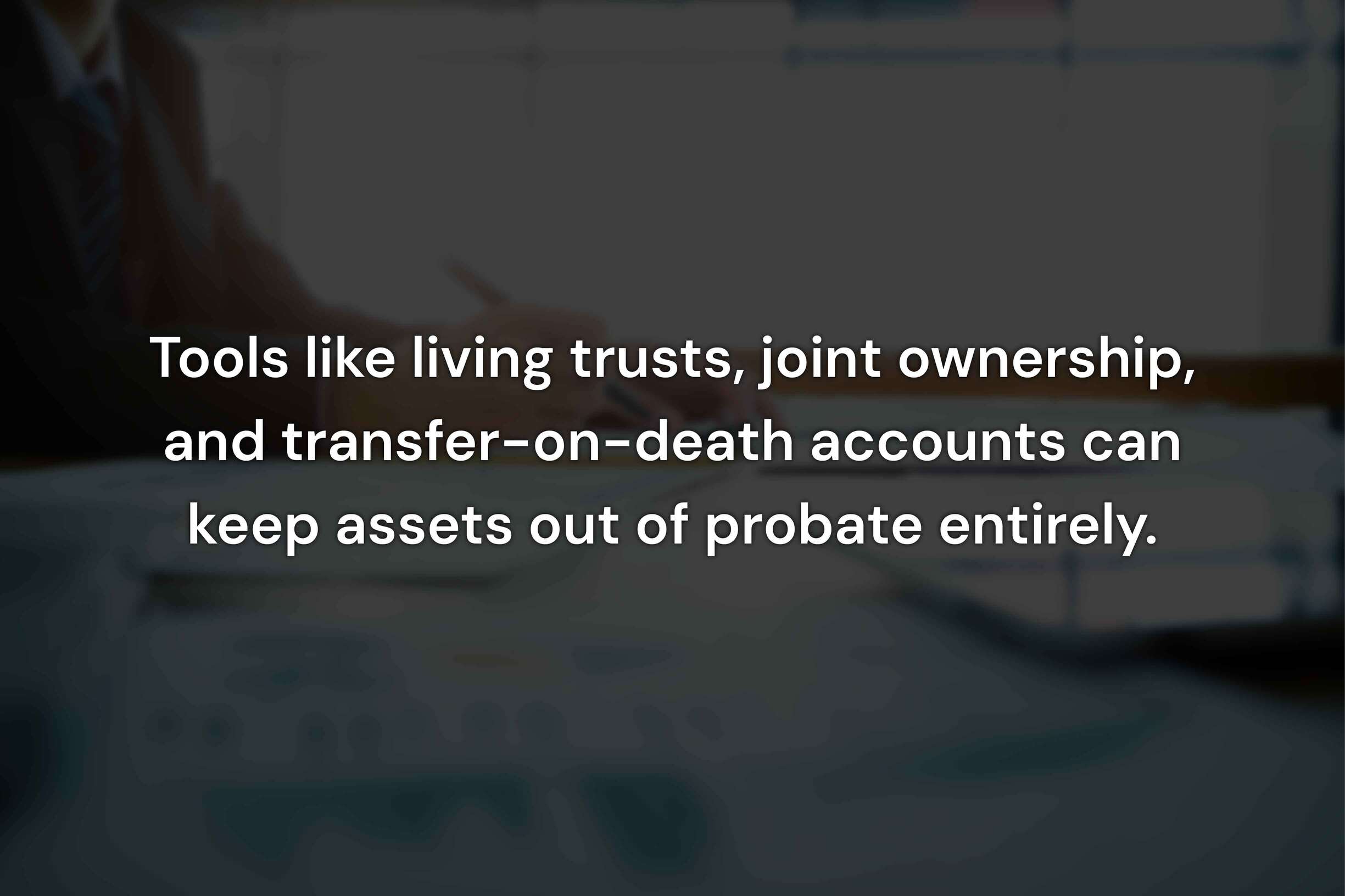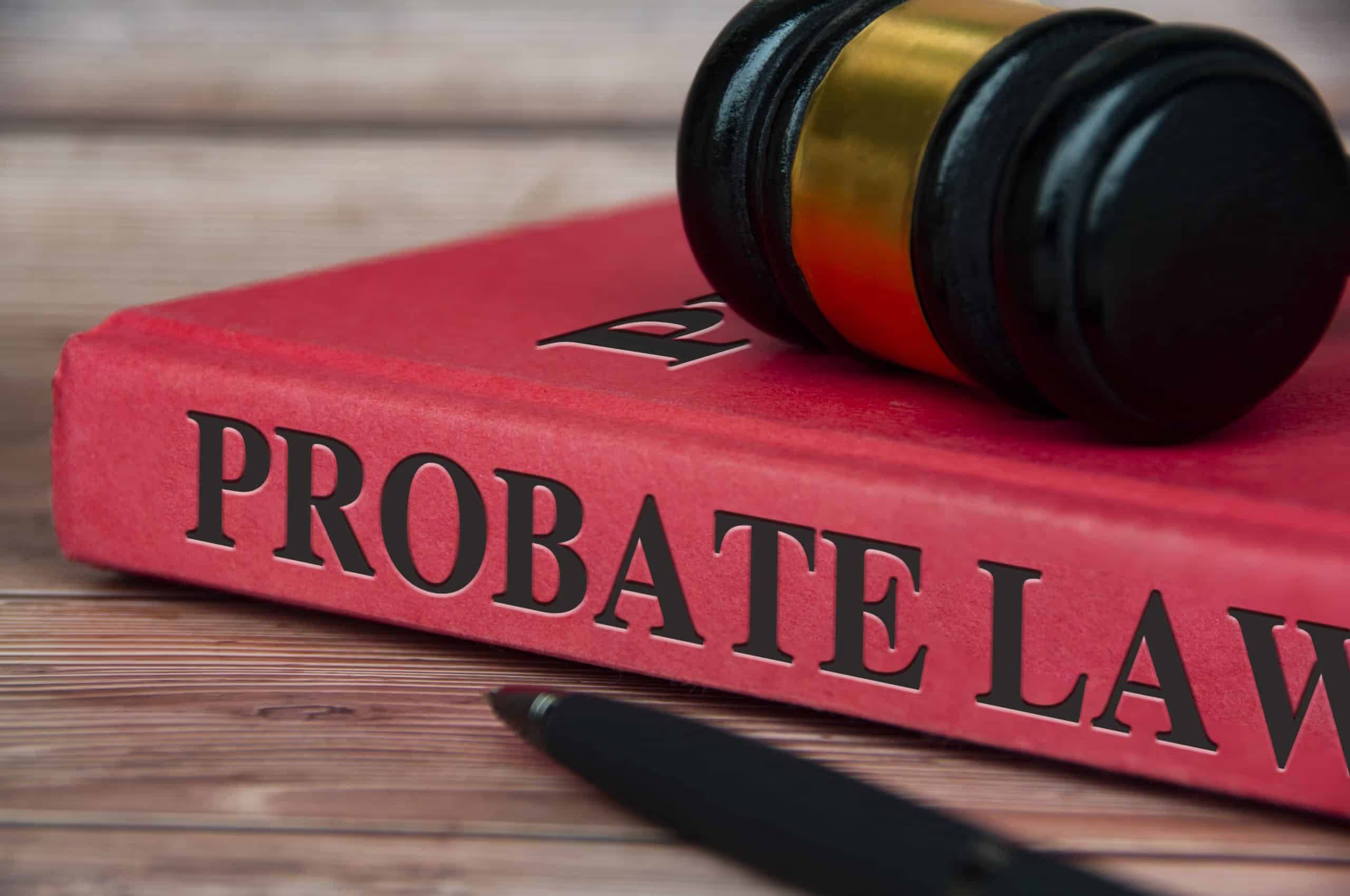Probate is the legal process that takes place after someone dies to ensure their assets are distributed according to their will or, if there is no will, under state law. It serves as a safeguard to confirm the validity of the will, pay outstanding debts, and oversee the proper transfer of property to heirs. Understanding probate helps families prepare for what to expect when handling a loved one’s estate.

The Purpose of Probate
The main purpose of probate is to provide legal oversight. The court ensures that a will is genuine, that taxes and debts are paid, and that property transfers are completed correctly. This process protects both heirs and creditors by making sure the estate is handled fairly and transparently.
Probate can apply to estates of any size, though some states offer simplified procedures for smaller ones.
When Probate Is Required
Probate is generally required whenever someone passes away owning assets in their name alone. Without court involvement, those assets cannot legally be transferred to new owners.
Probate is typically required for:
- Real estate owned solely by the deceased
- Bank and investment accounts without designated beneficiaries
- Vehicles or boats titled in the deceased’s name only
- Personal property of significant value
- Business interests not held in a trust
If the deceased had a living trust or joint ownership arrangements, those assets may bypass probate entirely.
The Probate Process Step by Step
The probate process varies by state but generally follows a predictable order. In California, the steps are clearly outlined in the Probate Code.
Step 1: File a Petition
A family member or executor files a petition with the probate court to open the case and validate the will. If no will exists, the court appoints an administrator.
Step 2: Notify Heirs and Creditors
The court requires official notice to be given to all interested parties. Creditors have a limited time to file claims against the estate for any outstanding debts.
Step 3: Inventory and Appraise Assets
The executor must list and value all assets owned by the deceased, including real estate, vehicles, bank accounts, and personal property. Professional appraisers may be used for high-value items.
Step 4: Pay Debts and Taxes
Before heirs receive anything, the executor pays outstanding bills, taxes, and funeral expenses. This ensures that the estate is legally cleared of all obligations.
Step 5: Distribute the Remaining Assets
After debts and taxes are settled, the remaining assets are distributed according to the will or state intestacy laws if no will exists.
Step 6: Close the Estate
Once all distributions are complete, the executor submits a final report to the court and requests that the estate be officially closed.
How Long Probate Takes
The length of probate depends on the estate’s size and complexity. Simple cases can be completed in six to nine months, while contested or high-value estates may take several years. Factors such as disputes among heirs or missing documents often extend the timeline.

Costs Associated with Probate
Probate costs vary depending on the jurisdiction and estate value. These costs are typically paid out of the estate before any assets are distributed.
Common expenses include:
- Court filing fees
- Executor and attorney fees
- Appraisal and accounting costs
- Taxes and document preparation fees
Proper estate planning can help reduce these expenses by minimizing how much of the estate goes through probate.

How to Avoid or Simplify Probate
While probate is often necessary, some strategies can help reduce its scope or avoid it entirely.
Common methods include:
- Creating a living trust to hold major assets
- Adding transfer-on-death or payable-on-death designations to accounts
- Holding property in joint ownership with rights of survivorship
- Making lifetime gifts to loved ones to reduce estate size
These options can make the inheritance process faster, more private, and less expensive for family members.
Why Legal Assistance Is Important
Probate law is complex, and deadlines for filings and notifications are strict. Even minor mistakes can delay the process or increase costs. An experienced attorney ensures that all legal requirements are met and that assets are properly managed.
If you are handling a loved one’s estate or need to prepare for your own, contact an experienced probate attorney in Los Angeles, CA. They can guide you through the probate process and help protect your family’s financial future.



























